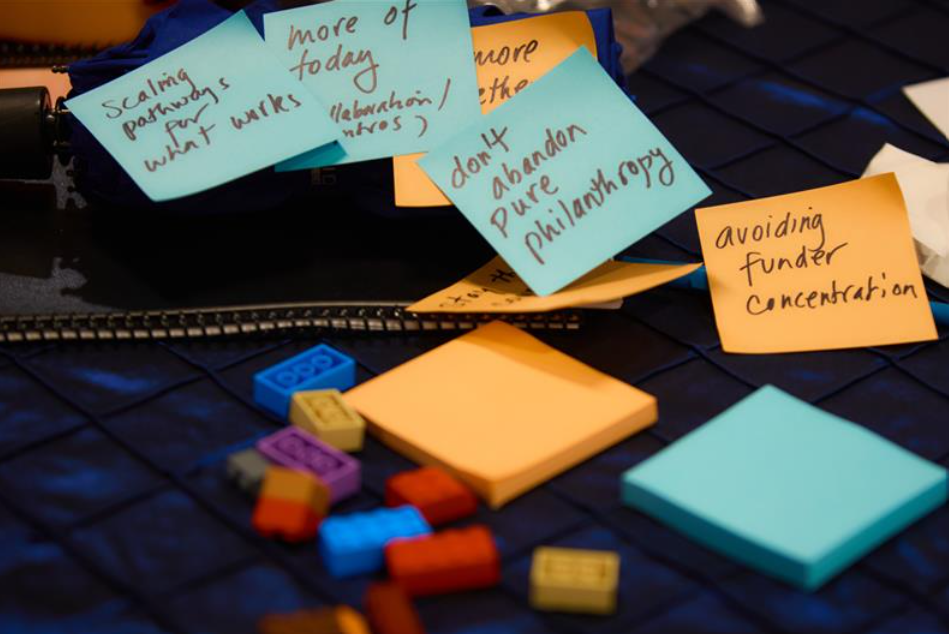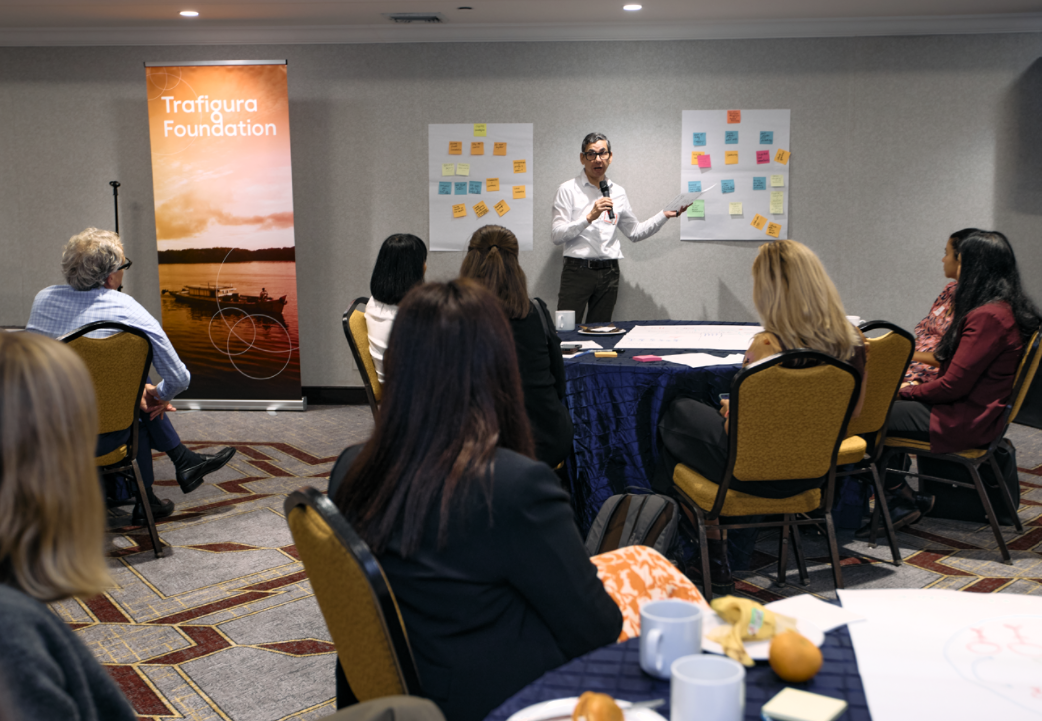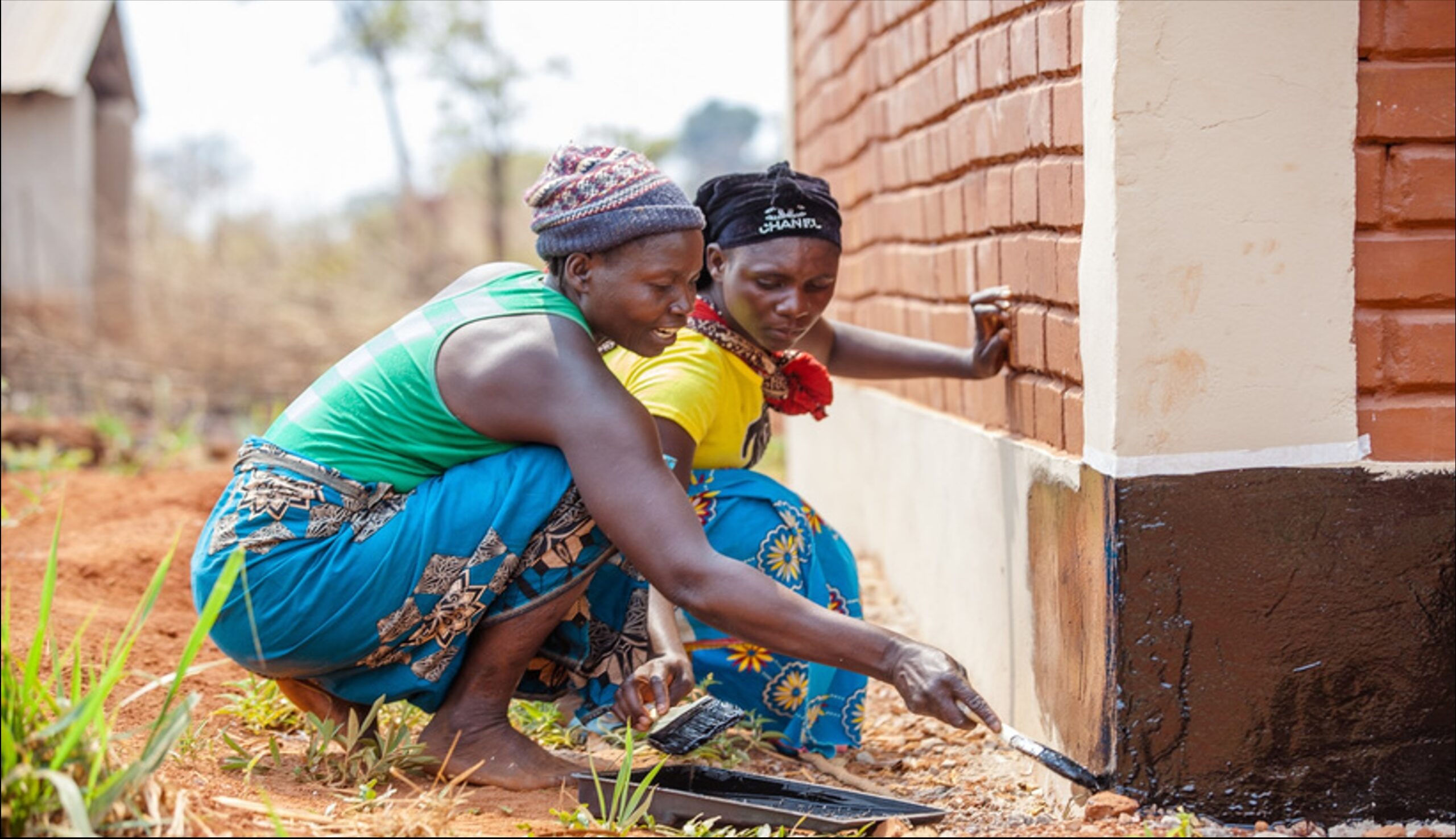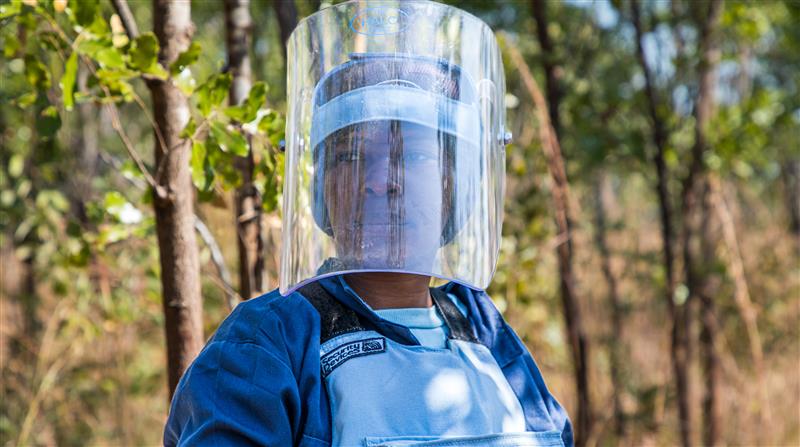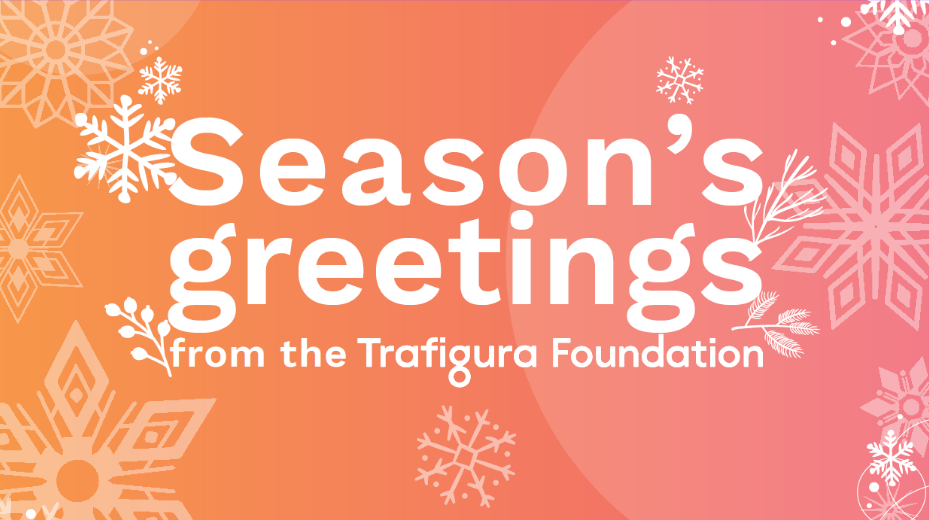1️⃣ Make resilience pay
We need a stronger business case for resilience. What I saw again is not that CEOs don’t care, but that we—funders, NGOs, practitioners—still struggle to make resilience understandable and compelling for them. We fall into complicated arguments and catchwords that don’t resonate with business leaders who already manage full agendas and competing priorities. Until we translate resilience into clear business value, CEOs will continue to see resilience as a business cost, and as something for ESG teams rather than part of their core list. The onus is on us to change this.
2️⃣ Funders: walk the talk
Philanthropy must step up differently. I heard plenty of talk about funder collaboration, but when concrete opportunities came, the usual reasons not to do it surfaced: “my board won’t agree,” “this won’t count for my KPIs,” “the due diligence risk is too high.” I was struck by the contradiction: we ask our grantees to work together, yet too often we stay in silos. Until we confront these excuses, collaboration will remain rhetoric, not practice.
3️⃣ Resilience goes systemic
Resilience is broadening. In many conversations, I heard health, climate migration, infrastructure, social services, and innovative finance treated as central to resilience. Resilience is clearly no longer seen as one sector—it’s a systems challenge.
4️⃣ Co-creation beats panels
The way we convene matters. The sessions that stayed with me weren’t panels, but moments of co-creation: a “shark tank” on National Adaptation Plans, a role-play with Clim-Eat, a Jeffersonian dinner on food systems, even playful methods like Legos with our grantees. I left convinced that serious games, role-playing, and creative exercises build more trust and collaboration than conventional panels.
5️⃣ Attention is the scarce resource
I noticed how often people were half in the room and half on their phones. It made me reflect that if we want genuine co-creation, we must design spaces that capture attention and keep people engaged. Also, are we there to learn or to post about being there?
6️⃣ The paradox of travel
I experienced again the value of being present—building relationships, spotting opportunities, comparing notes. But I also felt the contradiction: thousands flying to climate conferences, while climate action itself is under criticism. The only way to justify this footprint is to make exchanges purposeful and catalytic.
7️⃣ Break the climate bubble
Are we reaching beyond the climate bubble? I couldn’t help noticing how little attention the city gave to what we were doing. Life carried on as normal. Not a mention in local news. It made me wonder: are we really raising awareness, or is climate still too much of a conversation disconnected from everyday realities?
